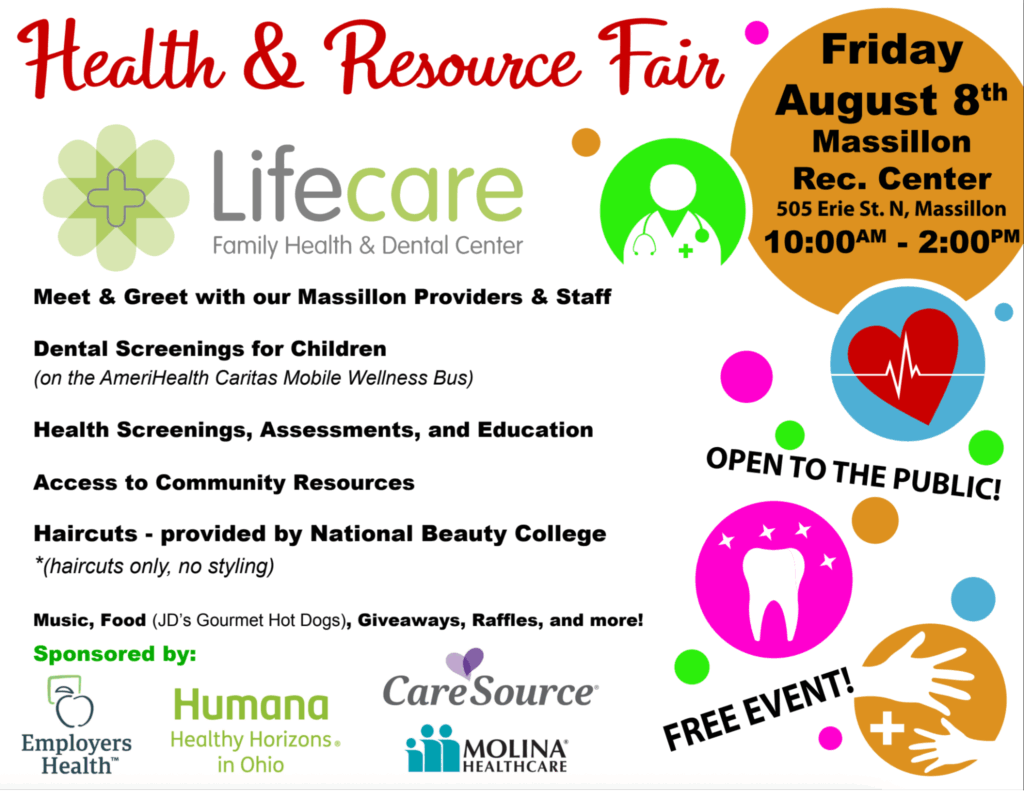A stroke is a “brain attack” that happens when blood flow to the brain is cut off and brain cells are deprived of oxygen and begin to die. When stroke occurs, abilities controlled by that area of the brain, such as memory and muscle control, are lost. While stroke is the fifth leading cause of death in the U.S., there are approximately 7 million stroke survivors. Long-term effects of stroke depend on what areas of the brain were impacted – and for how long. Stroke survivors can experience challenges in: Physical abilities, daily living, communication and relationships, emotions and behavior.
The good news is that 80% of strokes are preventable. And it is possible to take control of your health and reduce. The faster a stroke is treated, the more likely the patient is to recover.
- Stroke patients who are treated with the clot-busting drug within 90 minutes of their first symptoms are almost three times more likely to recover with little or no disability.
- Ninety-one percent of stroke patients who were treated with a stent retriever within 150 minutes of first symptoms recovered with little or no disability.
Assess the 4 H’s:
At Home:
- Stop Smoking
- Maintain a health weight
- Be active
- Drink less alcohol
At the Doctor:
- Heredity
- High blood pressure
- Heart disease
- High cholesterol
Prevention and using your resources are great ways to reduce your risk of a stroke.
Strokes are becoming more prevalent in younger people, so share this information as a family and stay healthy together!















